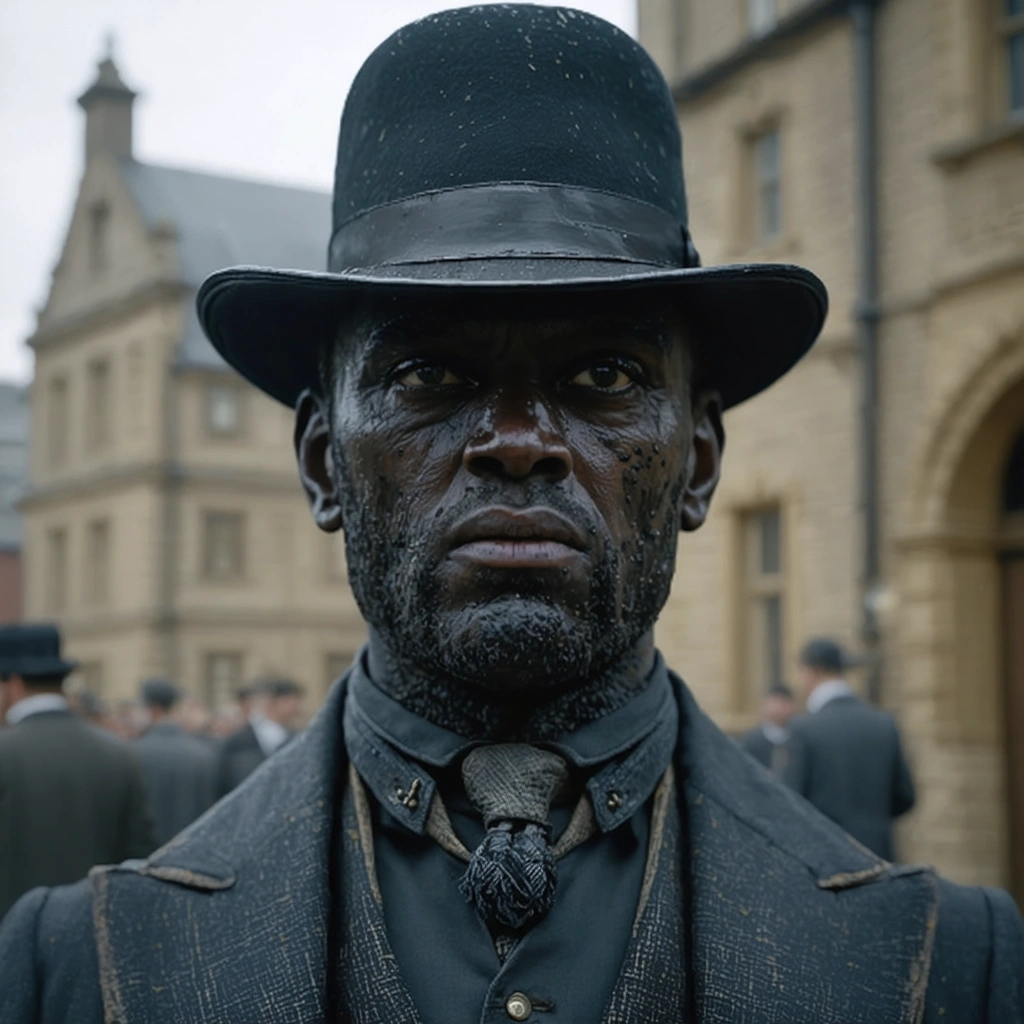
Introduction to a Cinematic Revolution
The acclaimed series “Peaky Blinders” has captivated audiences worldwide, not only during its impressive six-season run on Netflix but also by establishing itself as a cultural phenomenon with its unique narrative, compelling characters, and stylish flair. With Cillian Murphy’s portrayal of Tommy Shelby, the show has set a benchmark within the television industry. Now, its creator has revealed plans to extend the universe into a movie format with an exclusive theatrical run—an initiative he describes as “mind-blowingly good.” This move is not just a creative evolution but also a strategic business decision, designed to harness the full power of the film medium. The transformation from streaming success to a cinematic experience represents a layered approach to storytelling, production value, and audience engagement.
Business Strategy and Market Considerations
Adapting to Shifts in Consumer Behavior
The transition from television series to theatrical movie has significant implications for revenue models and brand longevity. As global audiences are increasingly discerning about the viewing experience, the emphasis on a theatrical run signals a return to premium and communal viewing experiences. The business strategy behind a big-screen release encompasses several key factors:
- Revenue Diversification: Diversifying income streams by integrating box office performance, merchandising, and ancillary revenues.
- Brand Strengthening: Enhancing the “Peaky Blinders” brand by creating a prestigious cinematic experience that further cements its legacy.
- Global Reach: Capitalizing on international markets where theatrical experiences still hold a strong value proposition.
Investment in Quality Production
From a production perspective, the decision to opt for a theatrical release allows for a more extravagant display of cinematography, special effects, and narrative depth. Investment in high-caliber production techniques not only meets but exceeds the visual and emotional expectations of a movie-going audience. The integration of state-of-the-art technology, high-definition cinematography, and immersive sound design in a theatrical environment significantly adds to the viewer’s overall experience, thereby justifying higher ticket prices and establishing a competitive edge in a rapidly transforming industry.
Cultural Impact and Creative Vision
Elevating the Narrative
The creator’s aspiration to have the movie undergo a theatrical run is deeply rooted in a desire to expand and elevate the “Peaky Blinders” narrative. The film format offers an unparalleled canvas for detailed storytelling, enabling deeper exploration of the Shelby family dynamics, socio-political commentary, and historical contexts. This creative vision is aimed at:
- Offering novel insights into established characters and introducing new ones, hence broadening the narrative universe.
- Utilizing the expansive visual and auditory tools available in cinema to produce a more immersive experience.
- Reinforcing the legacy of the series by creating cinematic moments that resonate long after the film ends.
Industry Trends and Cultural Relevance
Globally, there has been a resurgence of interest in theatrical events that unite community and culture in a shared experience. Luxury in cinema has become a symbol of quality and authenticity which streaming services sometimes struggle to replicate. The move to the big screen leverages this trend, catering to audiences who value not only the story but also the holistic experience of watching it in a state-of-the-art theater. To better understand these shifts, consider the following table which lists the key benefits of theatrical releases:
| Factor | Description |
|---|---|
| Experience | Enhanced visual and audio quality with immersive soundtracks and state-of-the-art projection systems. |
| Engagement | Shared communal viewing that creates lasting impressions and robust word-of-mouth promotion. |
| Revenue | Box office returns, premium ticket pricing, and merchandising opportunities support sustainable economic growth. |
Strategic Forecast and Concluding Insights
Projecting Financial Success and Longevity
The decision to transition a beloved series into a feature film for theaters is a calculated one, imbued with the potential for both financial success and critical acclaim. In a market characterized by rapid technological shifts and evolving consumer preferences, the theatrical run not only promises higher profitability through premium ticket sales but also creates a unique platform for marketing and brand expansion. Some notable strategies include:
- Coordinated global premieres to maximize exposure and revenue.
- Targeted marketing efforts that emphasize exclusivity and cinematic excellence.
- Cross-promotional opportunities with partners in both the entertainment and retail sectors.
Final Thoughts on the Cinematic Journey
In conclusion, the creator’s vision to extend the “Peaky Blinders” franchise into a theatrical movie is a testament to the enduring power of innovative storytelling fused with strategic business acumen. As the industry navigates a complex landscape of streaming wars and evolving audience expectations, the decision underscores a fundamental belief in the transformative power of the cinematic experience. This bold step not only enhances the narrative universe that fans have come to cherish but also sets a precedent for how beloved series can successfully transition across different media formats. The anticipation surrounding the movie is a clear indicator that the future of the franchise holds promise for both critical and commercial success, making it a landmark event in contemporary entertainment.




